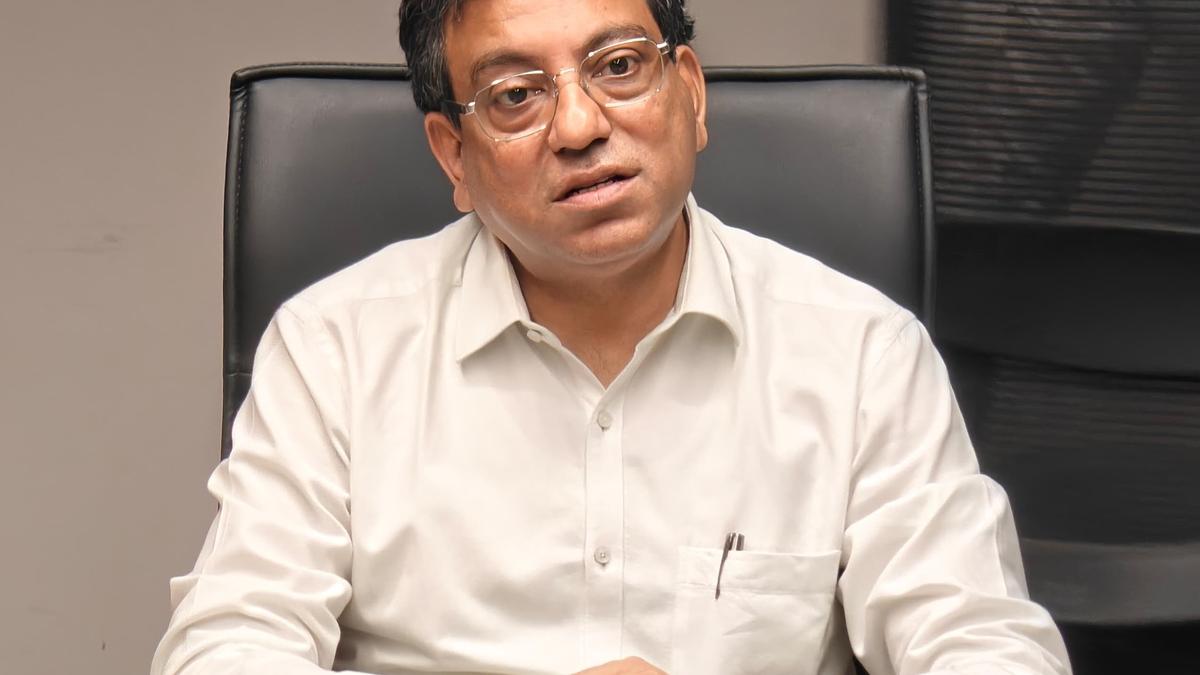Now Reading: Maheshwar Rao Appointed Commissioner as Greater Bengaluru Authority Formed with 75 Members
-
01
Maheshwar Rao Appointed Commissioner as Greater Bengaluru Authority Formed with 75 Members
Maheshwar Rao Appointed Commissioner as Greater Bengaluru Authority Formed with 75 Members

Quick Summary
- Formation of Greater Bengaluru Authority (GBA):
– Constituted by the Karnataka government on August 26, 2025.
– Chaired by the Chief minister and co-chaired by the Bengaluru Development Minister.
– effective instantly.
- Structure and Responsibilities:
– City’s civic limits will be split into five corporations starting September 2,with GBA as a pan-city coordinating body between these corporations and various parastatals.
– M. Maheshwar Rao appointed as Chief Commissioner of GBA, alongside a chief town planner and chief engineer; no dedicated finance official included.
- Membership Coverage:
– Members include all MLAs, major MPs from Lok Sabha & Rajya Sabha (e.g.,Union FM Nirmala Sitharaman),mayors,commissioners of five corporations,and heads of utilities like BMTC,BMRCL.
- Coordination Role:
– First-time collaboration platform for major city parastatals like planning authorities, transport utilities (BMTC/BMLTA), city police/fire services to address long-standing coordination gaps in development.
- Exclusions Noted:
– Rail Infrastructure Development Company (Karnataka) and Bengaluru Smart Infrastructure Ltd. excluded from GBA membership.
– Ministers for Home,Energy & Transport departments not part of GBA despite initial draft proposal.
- Legal Challenges:
– Multiple PILs filed arguing that creating a governance layer between corporations/state government is “unconstitutional,” claiming it undermines corporation autonomy.
– State government clarified via amendment in legislative session that GBA has no authority to intervene directly in corporation affairs.
Indian Opinion Analysis
The establishment of the Greater Bengaluru Authority represents an aspiring administrative overhaul aimed at addressing inefficiencies in coordinating development across one of India’s largest cities. By consolidating political leaders alongside vital utilities under one umbrella organization,this model could facilitate smoother inter-agency cooperation. Though, notable exclusions-like key infrastructure bodies-and limited financial portrayal may pose implementation challenges.
The legal contention surrounding its constitutionality highlights potential friction over governance frameworks versus local autonomy.Legal assuredness through amendments could mitigate these concerns but might not fully appease critics or petitioners.Overall success depends on how effectively this body can balance developmental aspirations while ensuring representation aligns with constitutional mandates and public trust.
























